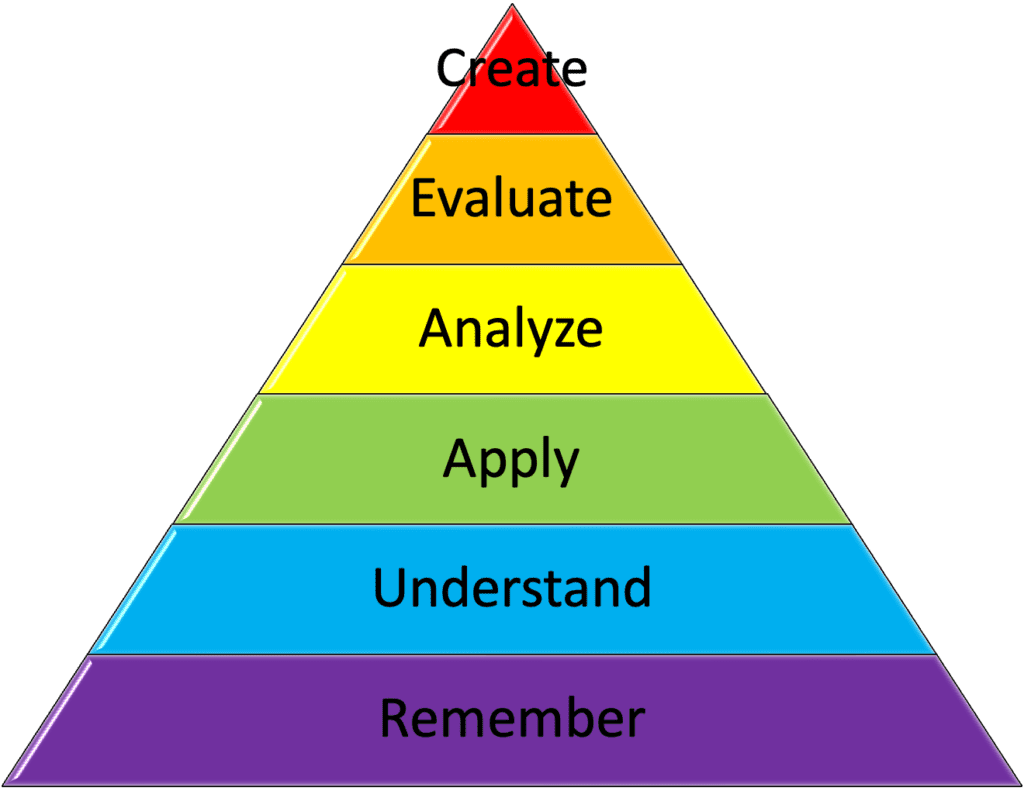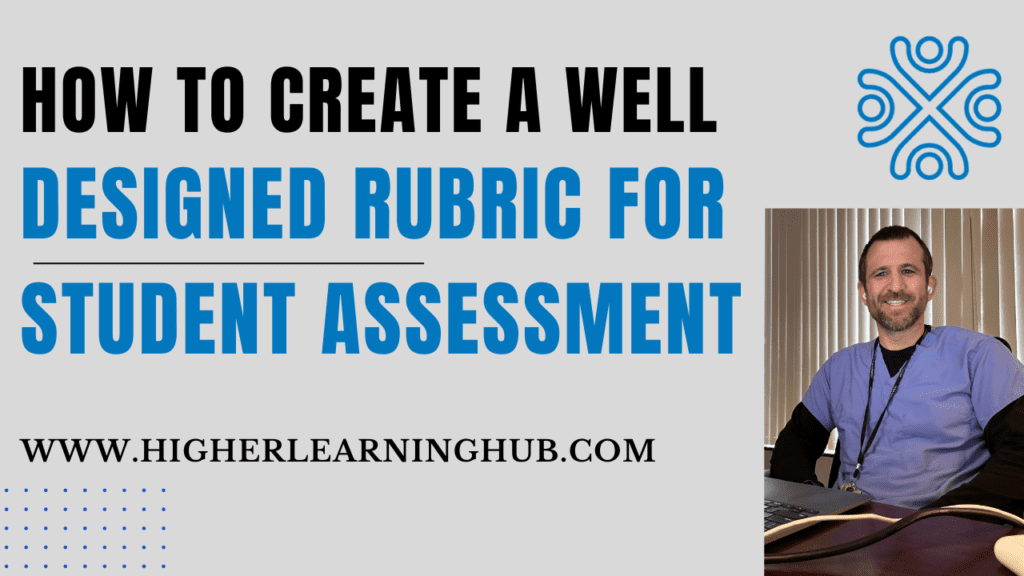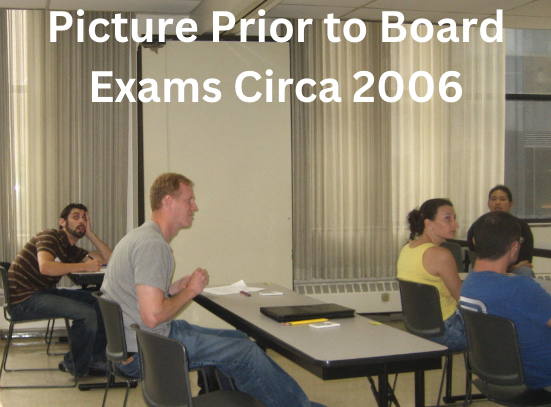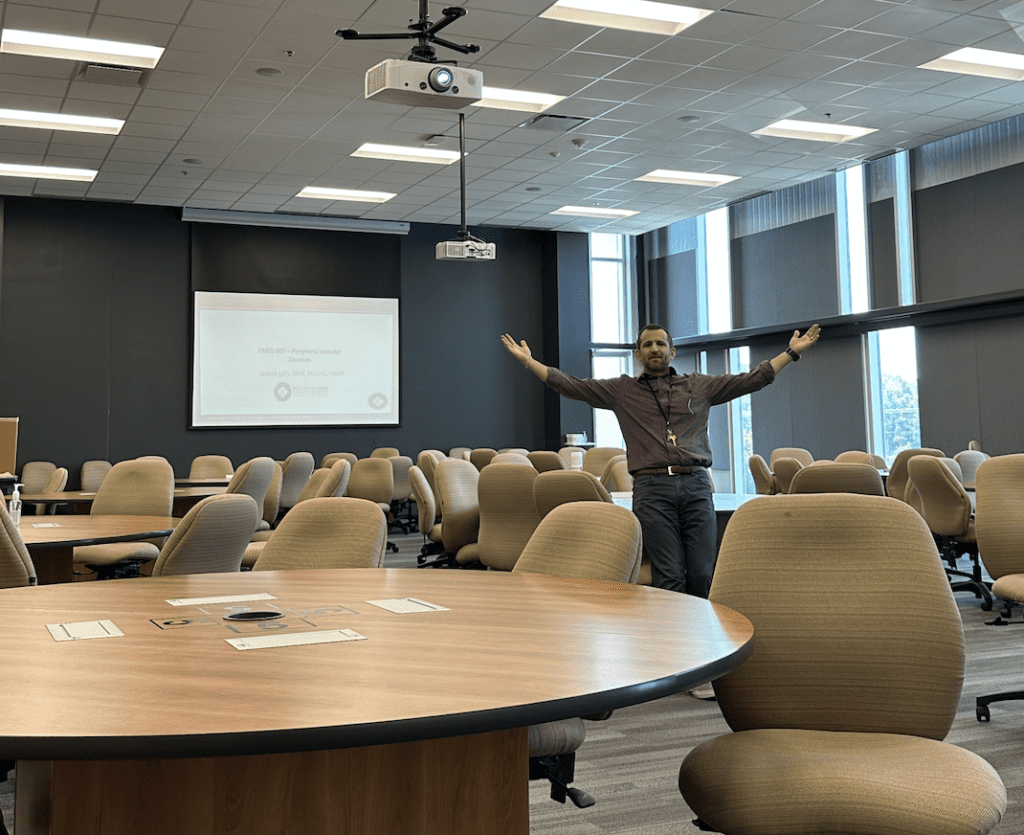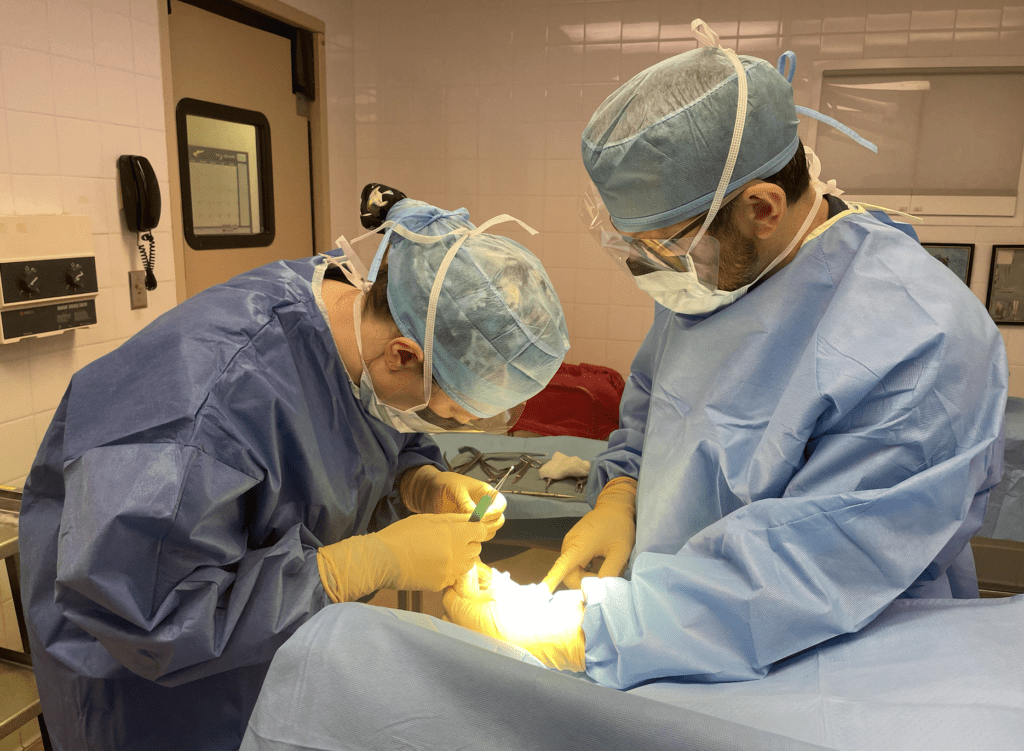Authored by Dr. Leland Jaffe, Associate Dean, and Professor – Published on March 16th, 2024
The medical school interview season is well underway! As you start to receive your interview invitations for different med schools, it’s time to start preparing for the big day! As someone who has previously navigated this process, I can attest to the significance of being well-prepared. Whether you’re scheduled for in-person interviews or virtual interviews, this post is for you! Here’s a guide on the 10 essentials you can’t afford to forget when heading to your medical school interview.
1. Interview Attire for Medical School Interviews: Dress for Success
First impressions matter, and your professional appearance plays a pivotal role in shaping that impression. It’s a good idea to opt for professional and conservative clothing, such as a well-fitted suit/dress shirt or business attire. Remember, a polished appearance reflects your commitment to the profession. First impressions are critical, as they often set the tone for the entire interaction. Remember that you should dress professionally even if you’re having a virtual interview!
First Impressions Last a Lifetime


Within the initial moments of a med school interview, an interviewer will form subconscious judgments based on the attire, demeanor, and communication skills/eye contact of the candidate. These impressions can profoundly influence the perception of a candidate’s professionalism, confidence, and if they’re a good fit for the University. A positive first impression not only establishes a foundation of credibility but also demonstrates a candidate’s commitment to the opportunity, making it imperative for you to approach interviews with meticulous attention to detail and an awareness of the impact that those initial moments can have on the overall evaluation process.
2. Personal Identification and Interview Details: Stay Organized
Ensure you have a government-issued photo ID and any documents or emails specifying interview details. Being organized and having all the necessary documents will help you start the day stress-free and focused on the interview itself.
3. Multiple Copies of Your Curriculum Vitae (CV) and Personal Statement: Know Your Story
Carry multiple copies of your resume and personal statement. Having extra copies allows you to refer to them and ensures everyone in the interview room is on the same page about your achievements and experiences. Remember that interview questions will often be directed toward the experiences listed on your application. While the admissions committee is already familiar with your academic achievements and experiences from your application, presenting a well-organized and concise CV can serve as a valuable reference during the interview.
Your CV acts as a tangible document that allows you to highlight key accomplishments, extracurricular activities, and relevant skills that might not have been discussed in depth in your application materials. It not only showcases your commitment to transparency but also provides an opportunity to steer the conversation towards your strengths and unique qualities. Additionally, having your CV on hand ensures you are well-prepared to respond to questions about your background, fostering a confident and polished in-person interview performance.
4. Notepad and Pen: Demonstrate Active Engagement
Bringing a notepad and pen demonstrates your commitment to active engagement and shows that you value the information being provided. Jotting down notes can also help reflect on your day’s experiences. The optics of jotting down notes during a medical school interview are twofold, reflecting both professionalism and strategic intent.
On one hand, taking notes demonstrates a keen and engaged interest in the conversation, signaling to the interviewers that you value the information being conveyed and are committed to retaining key details. This act underscores the applicant’s dedication to thorough preparation and a genuine desire to absorb the nuances of the interview process. On the other hand, the optics also highlight a strategic approach, as note-taking allows you to later reflect on the interview, ensuring that you can provide thoughtful and well-informed responses in subsequent stages of the application process.
5. List of Questions for the Interviewers: Show Genuine Interest
Prepare a list of thoughtful questions for your interviewers at the end of the interview. This not only demonstrates your genuine interest in the program but also helps you assess whether the school aligns with your personal and professional goals. I think at least two questions for the interviewer at the end of your interview is appropriate. Below are 5 sample questions to consider:
1. Can you provide more insight into the school’s approach to clinical rotations and how students are supported in gaining hands-on experience in various specialties?
This question shows your interest in the practical aspects of the medical program and demonstrates a commitment to understanding the school’s approach to clinical training.
2. How does the school foster a sense of community among its students, and are there opportunities for collaboration and networking within the medical community?
- Demonstrating an interest in the school’s community and networking opportunities is the best way to show your awareness of the importance of collaboration in the healthcare field and your desire to contribute to a supportive learning environment.
3. In what ways does the school support student well-being and mental health throughout the demanding academic curriculum?
- This question reflects your concern for holistic student development and shows that you prioritize a supportive environment, indicative of your commitment to maintaining a healthy work-life balance.
4. Could you share insights into the available research opportunities for medical students, and how the school encourages and supports student involvement in research projects?
- Expressing an interest in research demonstrates your enthusiasm for academic exploration and your desire to contribute to advancements in evidence-based medicine.
5. How does the medical school prepare students for residency applications and the transition to postgraduate training?
- This question indicates your forward-thinking approach and a keen awareness of the importance of adequate preparation for the next steps in your medical career. It also is a good way to show your commitment to a seamless transition from medical school to residency.
6. Water and Snacks: Stay Energized
Interview days can be long and mentally draining. Ensure you stay hydrated and energized by bringing a water bottle and some light, non-messy snacks. This will help you maintain focus and perform at your best throughout the day.
7. Portfolio or Folder: Keep Your Documents Safe
A professional portfolio or folder can help you keep all your documents organized and easily accessible. This includes your identification, extra copies of your CV, and any other paperwork you may accumulate during the interview day.
8. Comfortable Shoes: Navigate the Medical School Interview Day with Ease
You may find yourself walking around the campus or hospital during the interview day tour, so comfortable shoes are a must. Choose a pair that is both professional and comfortable to ensure you can focus on the interviews rather than your sore feet (I had to include this one as a podiatric physician).
9. Positive Attitude and Confidence: Ace the Soft Skills
Carry a positive attitude and confidence with you. Remember, the faculty members and medical school interviewers are not just evaluating your academic achievements but also your interpersonal skills. Be genuine, smile, and engage with those you encounter throughout the day.
10. Bring the Best Version of Yourself – Preparedness for your Medical School Interview
Engaging in mock interviews before a medical school interview is a prudent and invaluable preparatory strategy for you to bring your best foot forward. These simulated interviews not only serve as a practical rehearsal for the high-stakes interview but also offer a platform to identify and address potential areas of improvement. Mock interviews provide you with an opportunity to refine your communication skills, articulate your thoughts coherently, and enhance your ability to respond confidently to a range of questions. The constructive feedback received from mentors, peers, or family members who conduct the mock interviews helps you to fine-tune your answers, polish your demeanor, and boost your overall self-assurance. Mock interviewers should prepare difficult questions and attempt to simulate the same type of interview the candidate will expect to see on game day.
Virtual Medical School Interviews
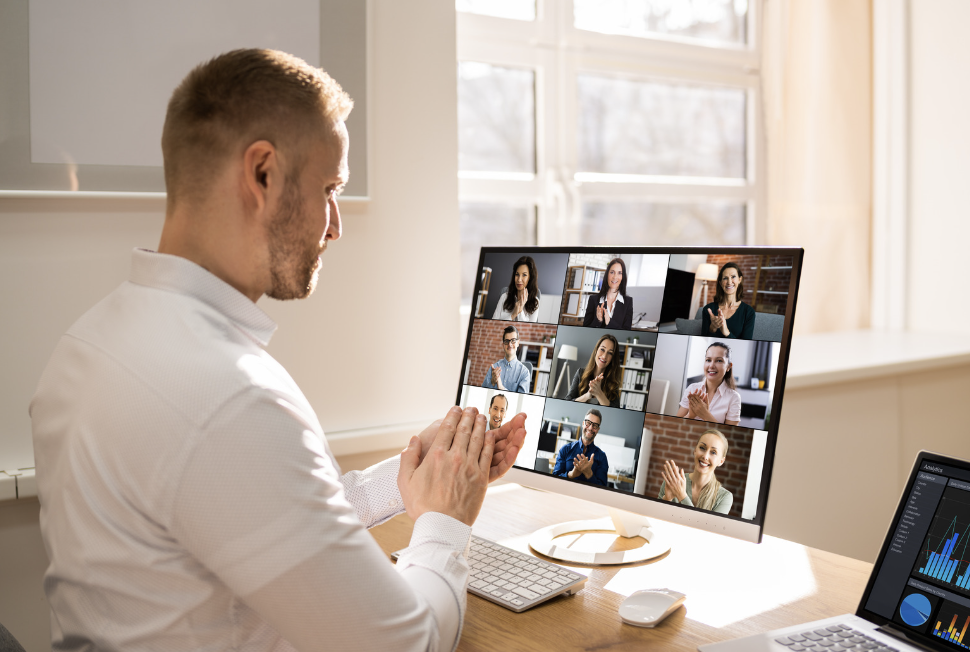

Preparing for virtual medical school interviews involves a strategic approach that differs somewhat from a traditional interview. First and foremost, candidates should familiarize themselves with the virtual platform being used, testing their audio, camera, and internet connection to minimize technical issues. Creating a quiet, well-lit space with minimal distractions is essential to maintain focus and convey a professional image. Practicing responses to common questions, both independently and with peers or mentors, can help candidates refine their communication skills.
Additionally, rehearsing in front of a virtual mirror or recording oneself can provide valuable feedback on body language and tone. Dress in professional attire, similar to an in-person interview, which contributes to a polished appearance. Allocating time for a mock virtual interview can help you familiarize yourself with the format, receive constructive feedback, and build confidence in navigating the virtual environment. Common mistakes that I often encounter during online interviews include a backlit room (making it difficult to see the candidate), the camera not being at eye level, swiveling in your chair, not knowing your interviewers’ names, and not dressing professionally.
Conclusion:
Preparing for a medical school interview requires meticulous planning and attention to detail. By bringing these 10 essentials, you’ll not only present yourself as a well-prepared candidate but also set the stage for a successful and memorable interview experience and leave a positive lasting impression. Good luck on your journey to becoming a medical professional!


